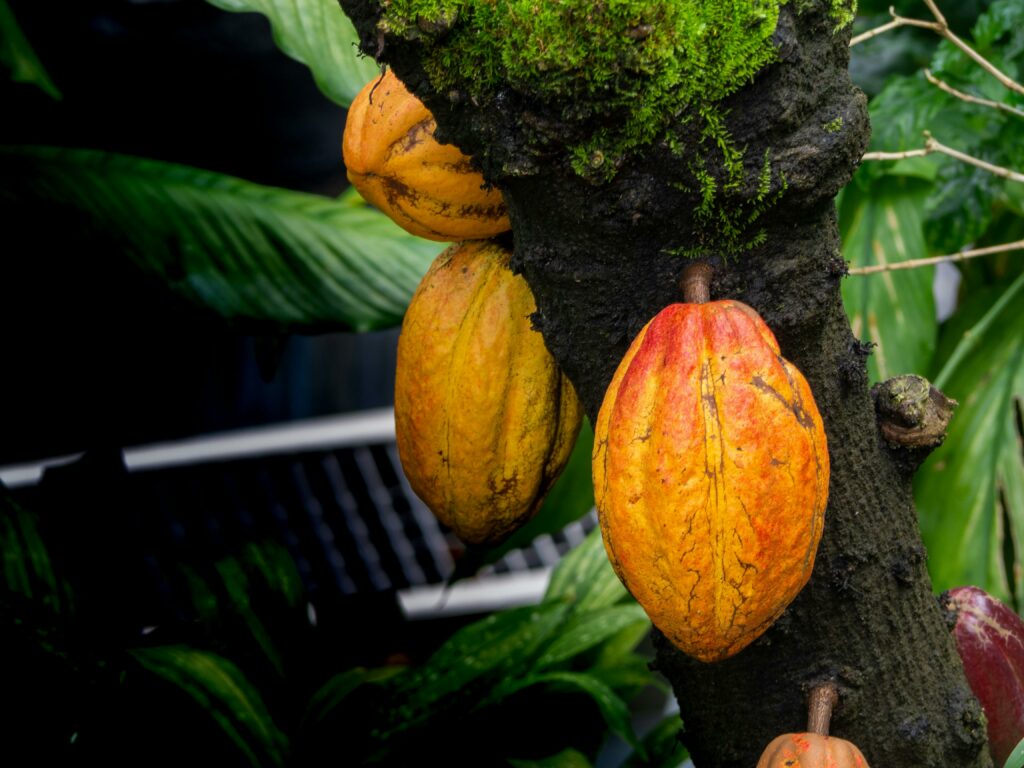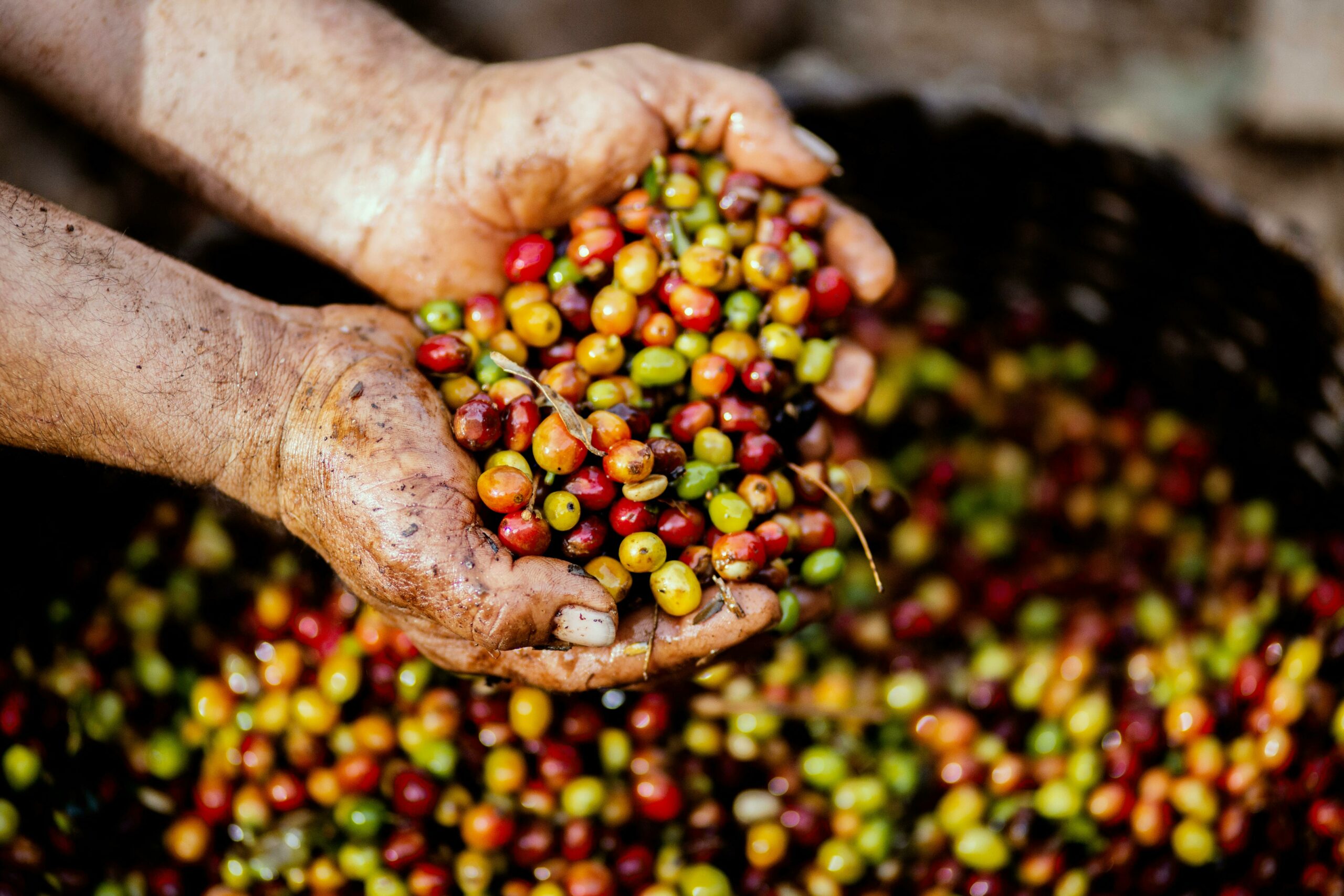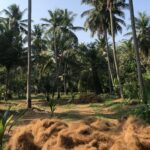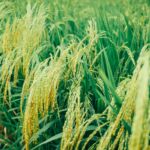Introduction and context
Cocoa is a cornerstone of a vast industry with profound global impacts. While many of us love chocolate for its taste, there’s a less sweet side to cocoa that involves serious problems. While its products are universally cherished, the cultivation and production processes are entangled with complex challenges that span social, environmental, and economic dimensions. Challenges, analysis and new solutions.
Geographically, cocoa plantations are concentrated within the cocoa belt, with Côte d’Ivoire, Ghana, Ecuador, Cameroon and Nigeria as lead producers. These equatorial countries are optimal for cocoa tree cultivation, where the environmental conditions align perfectly for producing quality cocoa pods.
Yet, the journey from bean to bar is fraught with issues. Environmentally, the expansion of cocoa farming is a significant driver of deforestation and biodiversity loss, as virgin forests are cleared for new plantations. Socially, the sector struggles with systemic inequities such as child labor, poverty, and gender disparities, alongside the economic vulnerability faced by smallholder farmers who form the backbone of this industry. The economic volatility of cocoa prices and opaque market practices exacerbate these challenges, threatening the sustainability of cocoa farming.
Challenges of cocoa production
Environmental challenges
Deforestation
Cocoa production stands as a significant contributor to deforestation and the consequent loss of biodiversity, particularly in West Africa. This region, which includes key producers like Côte d’Ivoire and Ghana, has witnessed dramatic reductions in forest cover due to the expansion of cocoa farms. Between 1990 and 2015, Côte d’Ivoire saw its forest cover diminish by over 50%, while Ghana has experienced an annual deforestation rate of 2% for several decades. The drive to increase cocoa yields has often come at the expense of vital forest lands, pushing the industry to a critical juncture where sustainability is not just ideal but essential.
Sensitivity to climate change
Cocoa production is confined to a narrow geographic belt that provides the precise climatic conditions necessary for the optimal growth of cocoa trees, pods and seeds. These conditions include ample rainfall, rich nutrient soil, and warm temperatures. Cocoa’s reliance on consistent rainfall patterns makes it particularly vulnerable to the impacts of climate change. Evidence of more severe drought periods, coupled with episodes of intense rainfall, threaten to disrupt the delicate environmental equilibrium required for cocoa cultivation and reduce the production of steady pods and the quality of the seeds.
Use of chemical fertilizers
The industry’s extensive use of agrochemicals, aimed at increasing productivity, has not clearly benefited farmers in terms of net income, raising questions about the financial wisdom of such investments. With a rising demand and high prices, farmers find themselves indebted to provide the proper amounts of fertilizers recommended. Despite the higher costs associated with agrochemicals, the expected increase in yields often fails to improve, or even worsens, farmers’ financial situations. This highlights the urgent need for promoting sustainable practices like agroforestry, which promises environmental and economic benefits by fostering biodiversity, improving soil health, and reducing reliance on chemical inputs.
Socio-economic challenges
Attractiveness of cacao cultivation
Rural exodus is driving young farmers out of their villages seeking better opportunities, following a global pattern in developing countries. In West Africa, there are historical precedents, where farmers shifted away from agriculture when it became economically unviable, only to return when prices improved, facing the challenge of re-establishing farms on neglected lands. Contrasting this, parts of Latin America have seen positive changes with increased educational levels leading to more professional farm management by graduates in agro-economics and agro-ecology, a model that could significantly benefit the cocoa sector.
Child labor
Child labor in cocoa plantations, especially in West Africa, is a significant problem. Despite efforts to stop it, many children still work in harsh conditions instead of going to school, especially those of transmigrant populations.
Living wage
Many cocoa plantation workers, particularly in West Africa, earn less than a living wage, making it hard for them to afford basic needs for themselves and their families. This low income contributes to ongoing cycles of poverty and challenges in improving their quality of life. Addressing the issue of living wages in cocoa plantations is crucial for ensuring the sustainability of the industry and the well-being of those who are at the heart of cocoa production. Smallholders also similarly suffer from insufficient access to living income meaning poverty is high in rural areas for people working on cocoa beans production.
Pathways to sustainability : a long road paved with pitfalls
For a long time, the approach to cocoa cultivation was very simple : clear land to plant more trees. But today, the equation is getting way more complicated with natural and social factors getting in the way. Indeed, land for cultivation is getting more scarce, soil quality is deteriorating due to the intensive agriculture practices used and sourcing strategies of corporates and companies are more and more in the spotlight driving them to improve this whole approach.
In response to these challenges, various initiatives and certifications have emerged over the years, aiming to address the multifaceted issues within the cocoa value chain. Programs such as Fairtrade, Rainforest Alliance, and the Cocoa & Forests Initiative represent concerted efforts to promote sustainable practices, enhance farmer livelihoods, and ensure environmental conservation.
The Cocoa and Forests Initiative
The Cocoa & Forests Initiative (CFI) is a landmark partnership launched by the World Cocoa Foundation (WCF), the governments of Côte d’Ivoire and Ghana, and leading cocoa and chocolate companies, aimed at halting deforestation and promoting reforestation in the world’s leading cocoa-producing countries. This public-private partnership (PPP) underscores the importance of collaboration between governments, industry, and civil society to address the environmental impact of cocoa cultivation. The initiative focuses on implementing actionable plans to protect and restore forests, improve farmer livelihoods, and foster sustainable cocoa farming practices. While it’s still early to gauge the full impact of the CFI, its establishment marks a significant commitment towards reconciling cocoa production with environmental conservation, setting a precedent for sustainable industry practices on a global scale. To date, the trend in deforestation shows that these efforts have produced disappointing results.
The Fairtrade Certification
The Fairtrade certification program significantly enhances the living conditions of cocoa farmers through its strategic focus on fair compensation and sustainability. By guaranteeing farmers a Fairtrade Minimum Price and a Fairtrade Premium, the program establishes a financial safety net that covers the costs of sustainable production and provides additional funds for community development projects. This model ensures that farmers are protected against market volatility, enabling them to invest in their futures with greater confidence. Furthermore, the program promotes environmentally friendly farming practices and encourages the formation of cooperatives, which strengthens the farmers’ negotiation power in the global marketplace. To date, the proportion of certified farmers remains marginal in relation to the volume, notably due to a lack of access to the finance needed to benefit from the investments required to bring plantations up to the expected standards (infrastructure, equipment, practices, auditing and associated reporting).
Challenges and limitations
These initiatives have seen varying degrees of success, with some making notable progress in improving aspects of the cocoa industry. However, the journey towards a decent sustainable cocoa value chain is far from complete. A significant barrier remains in the form of persistent poverty among cocoa farmers, underscoring the need for ongoing efforts and innovations to achieve truly sustainable and equitable cocoa production. World Cocoa Foundation confirms again in 2024 that child labor remains a structural issue despite decades of initiatives. Latest data shows ongoing deforestation despite the ongoing efforts, deforestation risks shows significant risks threatening remaining forest areas. The truth is unfortunately quite straightforward: None of these programs has explored concrete scalable solutions bringing capital, equipment, knowledge transfer generating greater value added in the cocoa value chain in rural areas, where farmers are cultivating the beans.
This is all the more disappointing given that the processing of cocoa into chocolate offers opportunities to increase value creation and employment in rural areas. Cocoa is generally sold by farmers after it has been dried. With small-scale equipment, better community storage facilities and know-how that is accessible to rural populations, it is entirely possible to move upmarket and carry out roasting, crushing and grinding activities, making it possible to sell cocoa butter with higher added value and creating additional jobs. For the bulk of industrial needs, these phases can be managed in compliance with the quality and flavour requirements of export buyers. We have observed in the field that it is entirely possible and that the development of this move upmarket in rural areas can work very well.

Figure 1 : Cocoa Deforestation Risk Assessment (DRA) based on the West Africa Cocoa dataset (WAC) Source : Mapping cacao and assessing deforestation risk for the cocoa sector in Dôte d’Ivoire and Ghana by Martina Schneider, Caroline Winchester, Elizabeth Goldman and Yang Shao
Conclusion
As we’ve seen, the road to making the cocoa industry truly sustainable is filled with challenges. While some initiatives have made some progress, there’s still a long way to go. The key problem? Cocoa farmers are still not valued enough. Without empowering the smallholders, it’s tough to overcome the industry’s issues. Without facilitating investment in better community infrastructure, access to equipment and training, and moving up the cocoa processing chain, the industry is doomed to impoverishment, and its long-term survival is in jeopardy.
To forge a genuinely sustainable future for cocoa, a comprehensive scheme is imperative—one that elevates farmers beyond mere laborers to knowledgeable producers of high-quality by-products. This requires a holistic approach that not only addresses the immediate economic hardships but also empowers farmers through education and access to resources and financing, enabling them to enhance both their product quality and their own quality of life.
Only through such transformative measures can we hope to rectify the deep-seated issues within the cocoa value chain, ensuring that the sweetness of chocolate is mirrored in the lives of those who cultivate it. Ksapa is actively engaging to deploy its expertises, methodologies and tools to bring a new wave of solutions engaging with vulnerable segments in this sensitive and scrutinized value chain. Feel free to engage with us to learn more and take part in our journey.
Julia is a Program Officer. She participates in the conceptualization, development, and management of SUTTI programs and coordinates the implementation of the projects with different stakeholders and partners.
She is an Agricultural Engineer with a MSc in Urban Agriculture and Green Cities from UniLaSalle. She has experience working in the non-profit sector on improving the livelihoods of vulnerable communities and refugees through trainings and forestry activities in Lebanon. She volunteered as an Emergency Medical Technician with the Lebanese Red Cross for 4 years and participated in disaster management trainings and interventions.
Julia speaks French, Arabic, English and Spanish.





